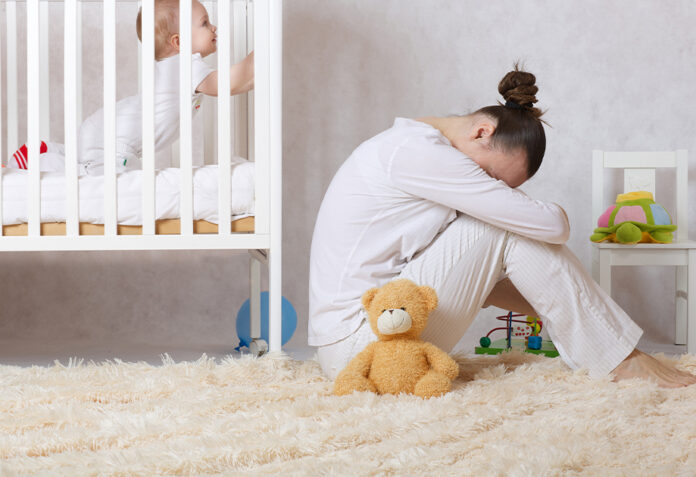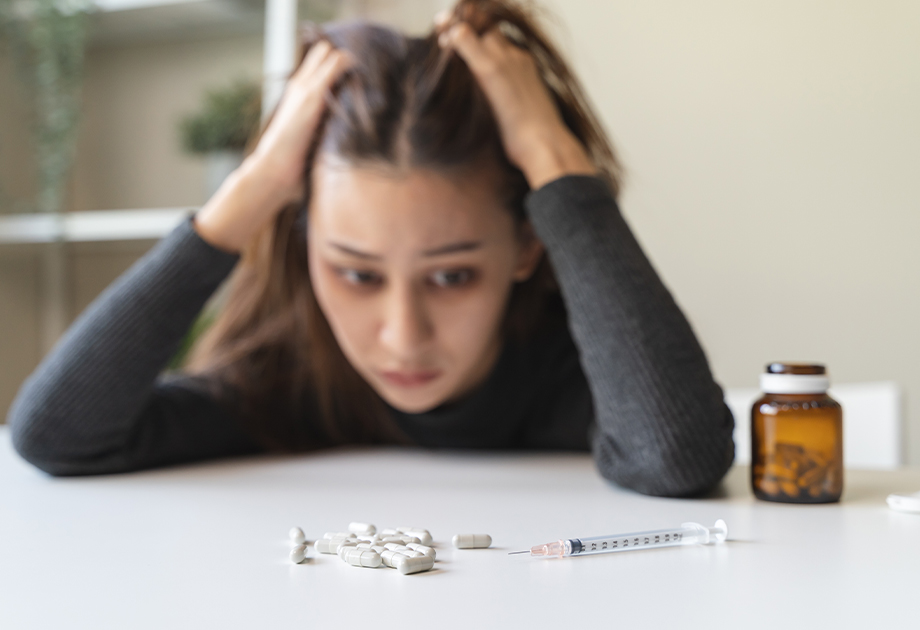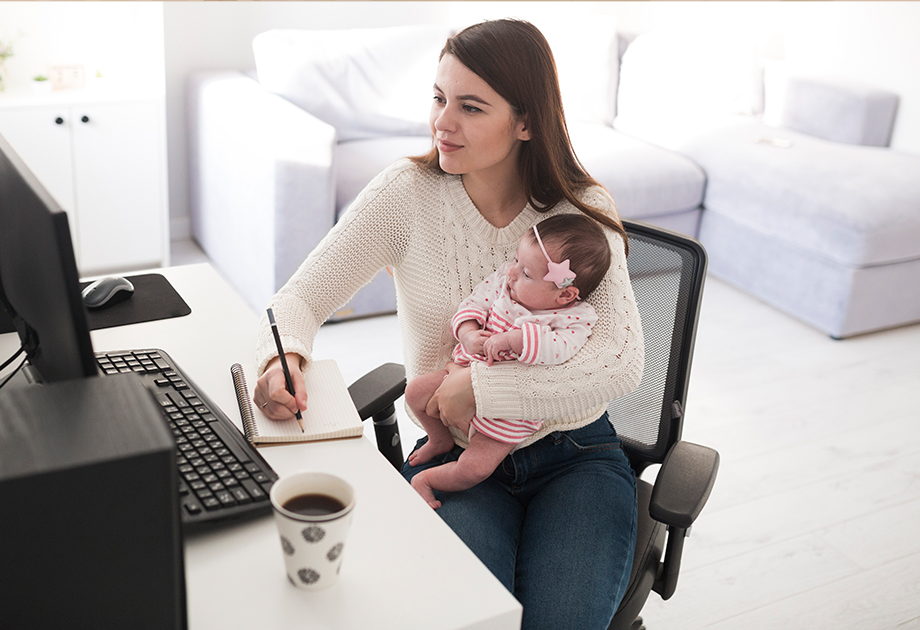Postpartum is an everyday word during pregnancy and after giving birth, it is defined as the time after childbirth, which usually lasts a few weeks to a few months when the mother’s body recovers physically and mentally after pregnancy and childbirth. Postpartum depression and Postpartum anxiety are very common among new mothers during this time.
Baby Blues and Postpartum Depression-
Mood swings, irritability, anxiety, sadness, and tearfulness usually sets off within the first few days after giving birth in most mothers, also known as Baby blues or postpartum blues. It typically lasts for a few days to a week and usually gets resolved without any treatment. Hormonal shifts after childbirth are believed to be possibly partly responsible for the baby blues, though this is only a theory. After giving birth, a temporary hormonal imbalance may occur as estrogen and progesterone levels, which have been increased during pregnancy, drop rapidly.
In contrast, postpartum depression (PPD) is a more severe and long-lasting mental illness that can develop in new moms in the year following childbirth. Depression is characterized by a variety of symptoms, such as
- Extreme tiredness
- Irritability and restlessness
- Feelings of sadness and helplessness
- Guilt and worthlessness
- Anxiety and panic attacks
- Inability to focus
- Suicidal ideation in more severe cases
- Difficulty bonding with your baby
- Withdrawing from family and friends
- Loss of appetite or eating much more than usual
- Inability to sleep, called insomnia, or sleeping too much
- Overwhelming tiredness or loss of energy
- Less interest and pleasure in activities you used to enjoy
- Intense irritability and anger
- Reduced ability to think clearly, concentrate or make decisions
Although PPD and the infant blues share some symptoms, the key distinctions lie in the intensity and persistence of those emotions. The baby blues normally pass within two weeks, but PPD can persist for months without treatment. The symptoms of PPD are more severe and longer lasting than those of the baby blues, and they can cause significant disruptions in everyday life.
Postpartum anxiety-
Postpartum anxiety is a type of anxiety condition that can affect women after they have given birth. It is defined by persistent and excessive concern or fears about the baby’s health and safety, as well as additional aspects of motherhood and life overall. This anxiety can impair a new mother’s ability to function and care for herself and her infant, as well as cause physical signs like heart palpitations, sweating, and nausea. Postpartum anxiety affects up to 20% of new moms and is caused by a number of variables such as hormonal changes, a lack of sleep, stress, and a history of anxiety or depression.
Symptoms-
- Disrupted sleep.
- Raised heart rate or palpitations.
- Nausea or abdominal pain.
- Inability to breathe or experiencing shortness of breath.
- Absence of appetite.
- Trouble staying still or calm
- Agitated thoughts, particularly concerning the worst-case scenario.
- Obsession with irrational concerns or unlikely occurrences.
- Inability to concentrate and irritability
- Feeling on edge or fearful
- Feeling like you need to control every situation
There is a significant difference between worrying and postpartum anxiety. Worrying as a mother is normal and expected, but worrying so much that you stay awake all night out of fear that your infant will stop breathing while sleeping is not . Some get so anxious that they don’t leave your infant even with a trusted adult (or your spouse) for a few minutes, or they are so terrified that someone will harm you or your child that the thought of going out makes your pulse race.
If you are experiencing any of these symptoms, it is best to consult a doctor and go for a screening. Always remember that all these are normal and nothing can’t be cured, a baby comes with new responsibilities and a new life altogether, so be easy and kind to oneself.




